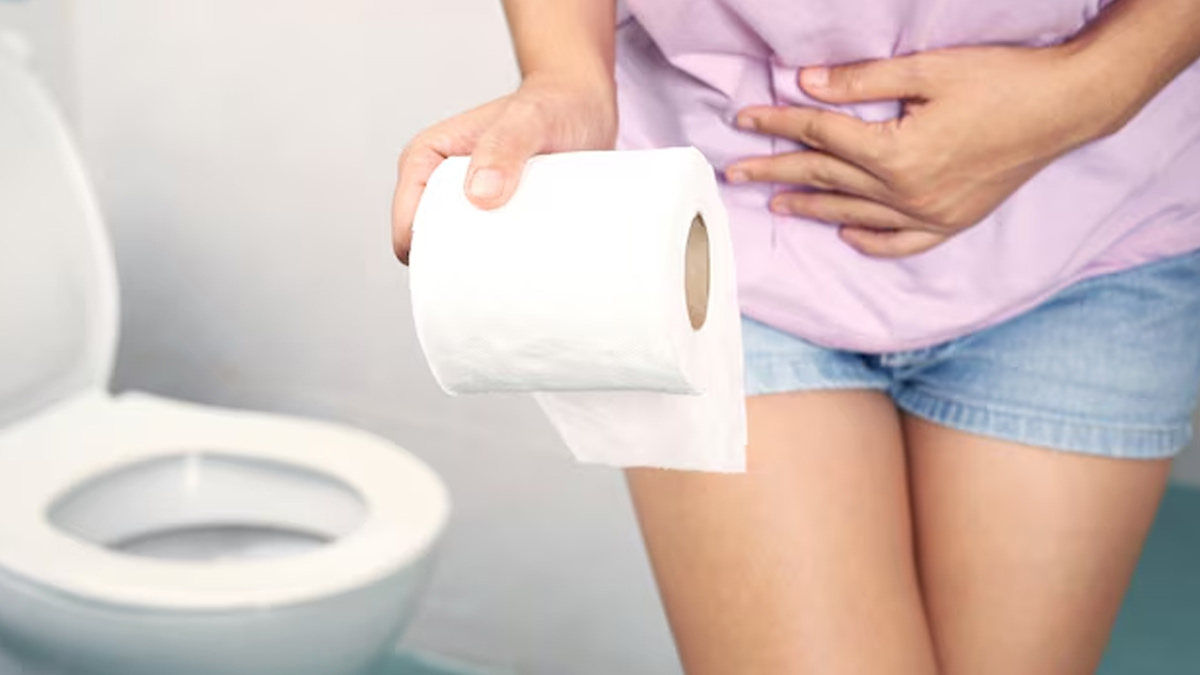
Gonorrhoea, commonly known as ‘the clap,’ is a Sexually Transmitted Infection (STI) that spreads through vaginal or anal sex with an infected partner. While some individuals may experience no symptoms, others may notice painful urination and abnormal vaginal discharge.
Interestingly, the bacterium responsible for gonorrhoea thrives in various warm and moist parts of the body, not just the reproductive tract but also the mouth and throat.
For women, gonorrhoea symptoms can differ from those in men, making it crucial to recognise early warning signs. We spoke with Dr Vandana Nikkam, Senior Medical Officer at SDM Kshemavana, Bengaluru, who shared key symptoms women should watch out for.
Dr Vandana Nikkam explains that gonorrhoea is a common sexually transmitted infection (STI) caused by the bacterium Neisseria gonorrhoeae. While it affects both men and women, early detection in women can be challenging due to mild or no symptoms. However, timely diagnosis and treatment are essential to prevent complications.

Don't Miss: Flavoured Condoms: Why Do They Exist, 5 Tips for Proper Use
If gonorrhoea is left untreated, it can lead to several serious health issues, particularly in women. According to Dr Nikkam, early detection and timely treatment are crucial to prevent complications that can affect reproductive health.

Don't Miss: Vaginal Lubrication: Causes And Natural Ways To Improve It
Dr Nikkam advises that if you notice any symptoms or believe you’ve been exposed to gonorrhoea, seeking medical care promptly is essential. Early diagnosis and proper treatment can help prevent complications and safeguard reproductive health.
Keep reading Herzindagi for more such stories.
Credits: Freepik
Also watch this video
Herzindagi video
Our aim is to provide accurate, safe and expert verified information through our articles and social media handles. The remedies, advice and tips mentioned here are for general information only. Please consult your expert before trying any kind of health, beauty, life hacks or astrology related tips. For any feedback or complaint, contact us at [email protected].